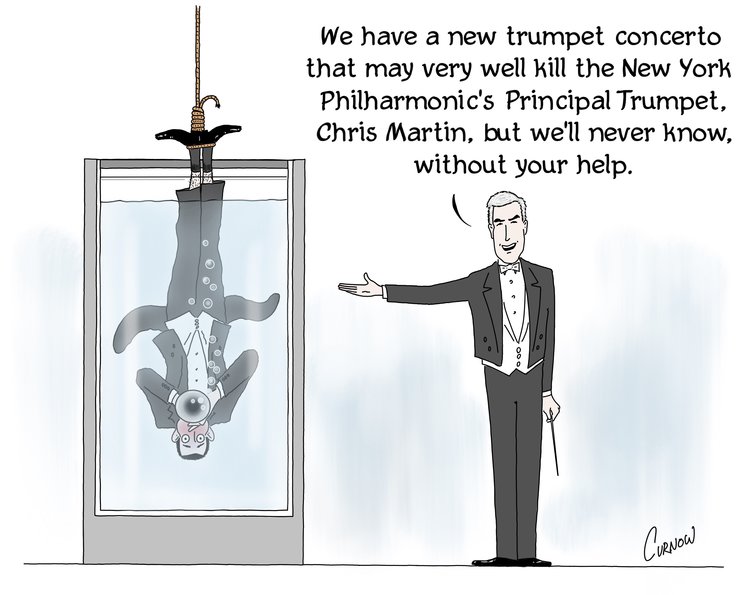OK, I have a ton of work to get done today but I had to chirp in with this good online discussion going on between AJ blogs: Fellow blogger Greg Sandow started a great conversation this week: How To Kill Classical Music. And never being the one to merely “gripe and leave” Greg is presenting some solutions, as is evident in his blog today. He suggests using conversations among professional that go beyond the obvious everyday comments that musicians and insiders have as a source for marketing material. Greg also mentions my input that the industry simply lacks “common sense” to come up with engaging marketing material.
Now I know that I’m given to bouts of curmudgeonly behavior, and my “solution” was rather terse. But it remains at the heart of the problem; what is “common sense” when it comes to helping make classical music engaging and interesting to those that aren’t already engaged and interested? Beyond Greg’s functional suggestions (and Andrew Taylor’s suggestions over at Artful Manager) I would like to suggest that you go read Sam Bergman’s blog that details the events of the recent Minnesota Symphony European tour.
Sam’s blog is engaging stuff, because it discusses everything that’s interesting about classical music that the patrons aren’t normally exposed to. By providing access for patrons to this “world” inside a world, we as an industry can draw on an infinite source of material that will appeal to a wide range of potential audience members. We need to stop thinking like mass marketers and draw on what makes this business, and indeed, classical music such a great form of art.
I suppose that what I’m getting at here is that patrons need to have access to this interior side of classical music. It’s the side that sits around in a bar and talks about that evening’s concert over a beer, the side which understands that music and life are simply one in the same. You’ll rarely find musicians sitting around a table eating really bad-for-you food using words like “moving, happiness, joy, love, serenity, and emotional”. It reminds me of a Robin Williams movie, Mrs. Doubtfire, where his character is telling a television executive what makes good children’s programming, he tells the executive “If you don’t find it interesting, neither will the kids.” We can take that same advice here; we shouldn’t sell music with a bunch of flowery emotions that come off as patronizing or elitism. Instead, we should engage people with what is naturally engaging about the music and those that play it. Once we do that, the people will start to bring others in on heir own, and then marketing becomes philosophy instead of a business activity.


